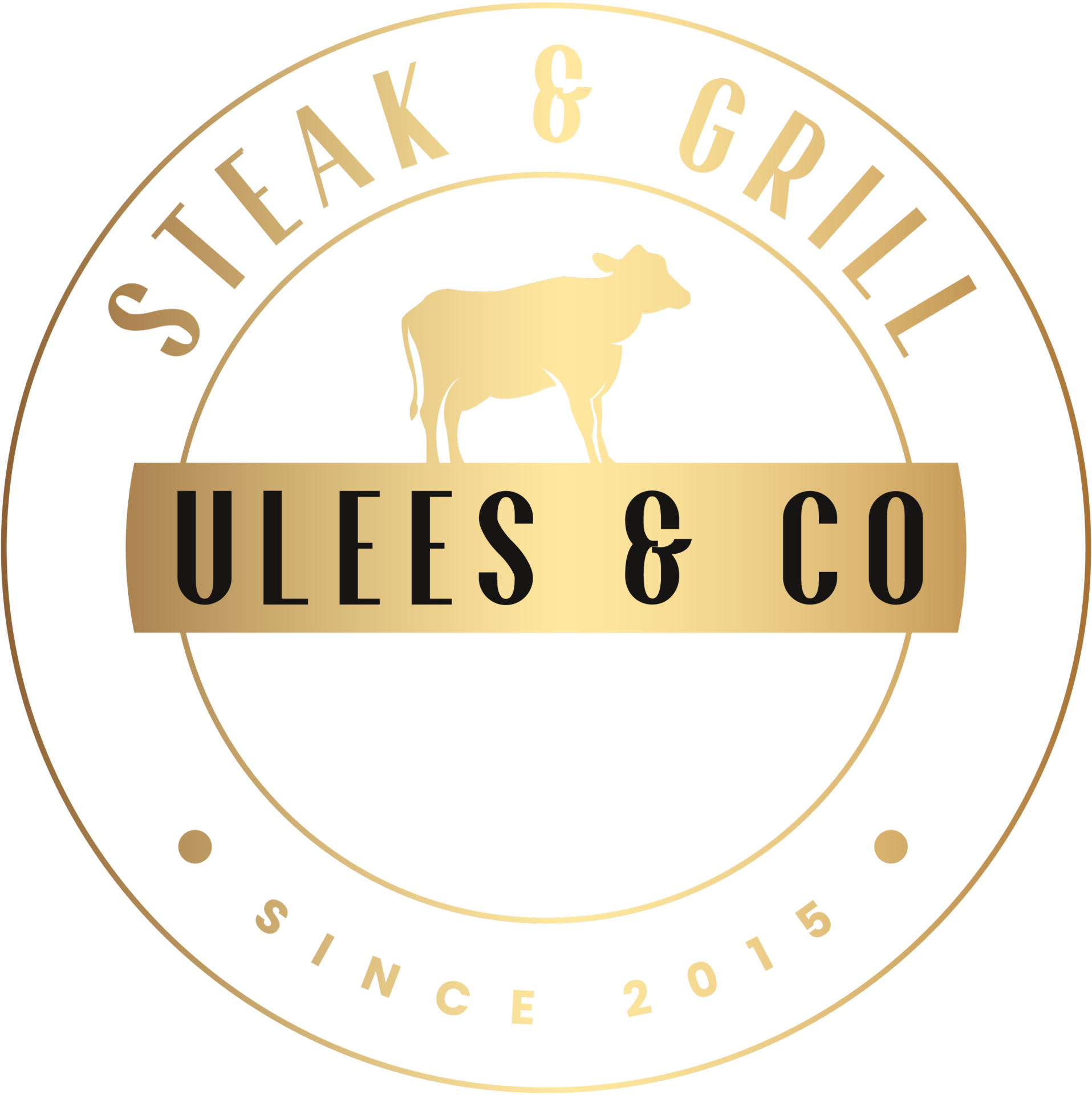Premium beef in the Netherlands costs on average between €25-45 per kilogram for quality breeds such as Scottish Angus and USA Prime, while exclusive Japanese Wagyu A4/A5 can reach €150-300 per kilogram. The price is determined by factors such as breed, origin, feeding and dry-aging process. These prices apply to direct purchases from specialized butcher shops and online suppliers.
What determines the price of premium beef in the Netherlands?
The price of premium beef is primarily determined by breed, origin, feeding and processing methods. Exclusive breeds such as Japanese Wagyu cost more due to their unique genetics and intensive care. Grass-fed cattle from free-range farming produce meat with superior taste and texture, which increases the price compared to industrially produced meat.
The dry-aging process plays a crucial role in pricing. Meat that is aged for 28-45 days loses weight through moisture evaporation but gains significantly in flavor intensity. This weight loss and additional storage time make dry-aged meat 30-50% more expensive than conventional meat.
Distribution costs and import tariffs also influence the final price. Japanese Wagyu must be imported under strict temperature control, while local Dutch premium breeds such as Blonde d’Aquitaine have lower transport costs. Artisanal livestock farming with focus on animal welfare and small-scale production results in higher costs per kilogram compared to mass production.
How much does Wagyu beef cost per kilogram compared to other premium breeds?
Japanese Wagyu A4/A5 is the most expensive premium beef with prices between €150-300 per kilogram, depending on the specific cut and origin. Scottish Angus, on the other hand, costs €25-35 per kilogram, while USA Prime is around €30-40 per kilogram. These price differences reflect the exclusivity and production costs of each breed.
Dutch premium breeds such as Limousin and Charolais are in the middle segment with prices of €20-30 per kilogram. These local breeds offer excellent quality without the high import costs of foreign premium beef types. Australian Wagyu crossbreeds cost approximately €60-100 per kilogram and offer a more accessible alternative to genuine Japanese Wagyu.
The extreme price differences arise from various factors. Japanese Wagyu cattle receive a special diet including beer and sake, are massaged daily and live in stress-free environments. This results in the characteristic marbling pattern that makes Wagyu world-famous. Scottish Angus, however, is valued for its robust flavor and consistent quality at a much more accessible price.
Where can you best buy premium beef in the Netherlands?
Specialized butcher shops offer the best quality and expertise for premium beef, with prices that are often more competitive than supermarkets. Online suppliers such as premium meat specialists deliver directly to your home with temperature-controlled transport. Premium steakhouses sometimes also sell raw meat to customers, although this is usually more expensive than other channels.
Direct purchase from farms gives the best price-quality ratio, especially with larger purchases. Many Dutch livestock farmers sell directly to consumers through their websites or farmers’ markets. This eliminates intermediaries and guarantees maximum freshness and traceability.
When recognizing genuine quality, you should pay attention to certification, origin information and the appearance of the meat. Real premium beef has a deep red color, fine marbling and feels firm. Always ask about feeding methods, age of the animal and any dry-aging processes. Reliable suppliers can provide complete traceability from farm to plate.
Which premium beef types offer the best value for your money?
Scottish Angus and Dutch Limousin offer the best balance between quality and price for daily use. These premium beef types cost €25-35 per kilogram but deliver consistent flavor and tenderness. For special occasions, dry-aged ribeye from local breeds offers excellent value at €40-50 per kilogram.
For different preparation methods, specific cuts are most suitable. Tenderloin and ribeye are ideal for grilling and cost €35-60 per kilogram for premium breeds. Chuck roast and short ribs are perfect for slow cooking and cost only €15-25 per kilogram, even for premium breeds. These cheaper cuts develop intense flavor with slow preparation.
Budget-conscious lovers of premium meat can best invest in lesser-known but flavorful cuts such as tri-tip, flat iron steak or denver steak. These often cost 30-40% less than popular cuts but offer comparable quality with proper preparation. For more detailed information about different premium beef types and their optimal preparation, check the ultimate guide to premium meat with practical tips from experienced meat specialists.
Choosing premium beef is about finding the right balance between quality, price and personal preference. By investing in reliable suppliers and the right breed for your budget, you enjoy a superior taste experience without unnecessary costs. Premium meat demands respect in preparation, but rewards with an unparalleled culinary experience.
FAQ broken data: JSON error 2